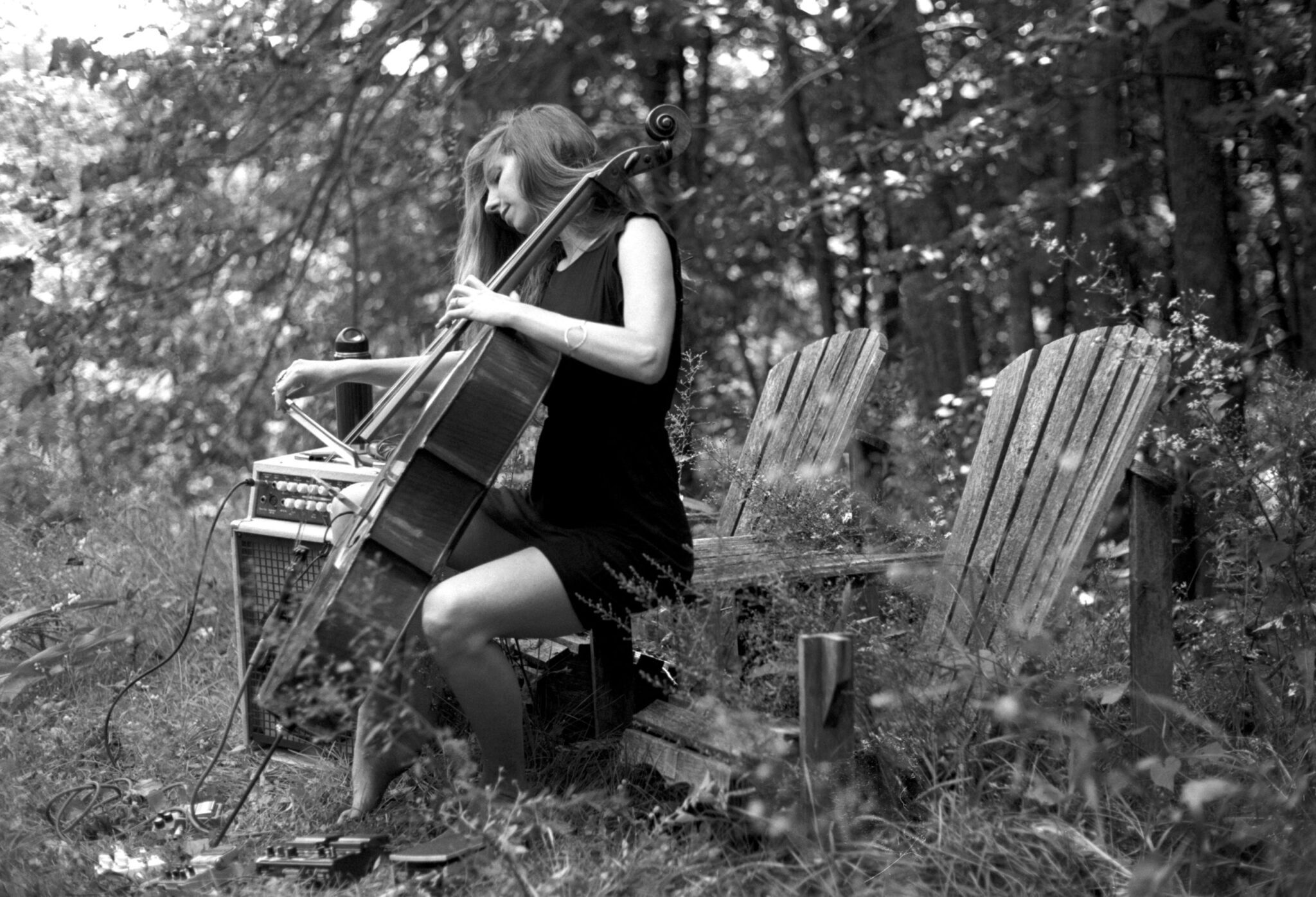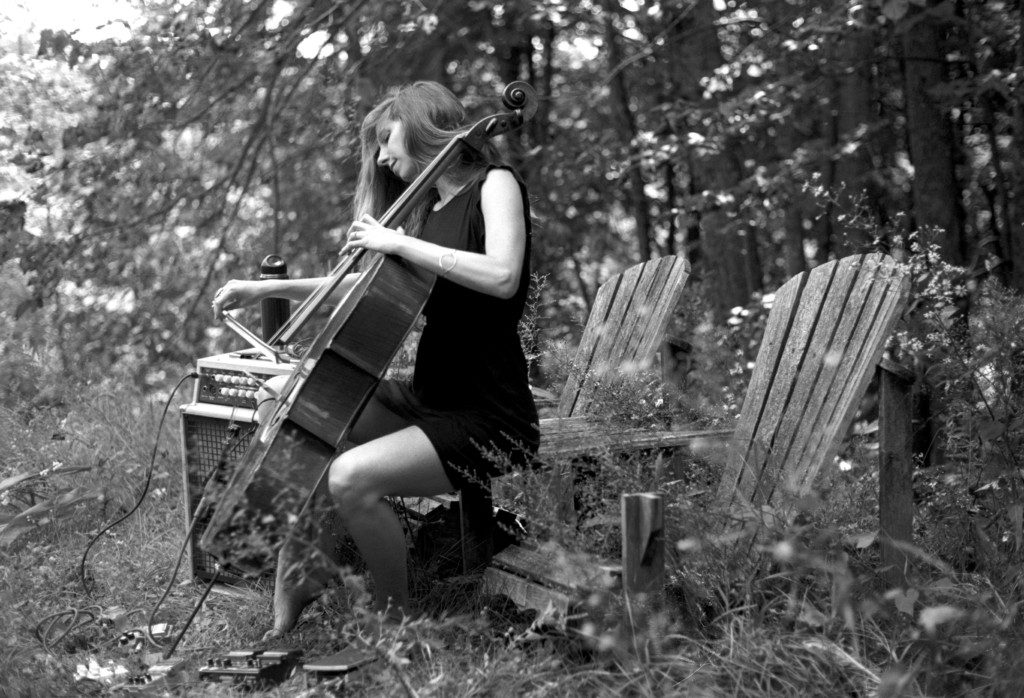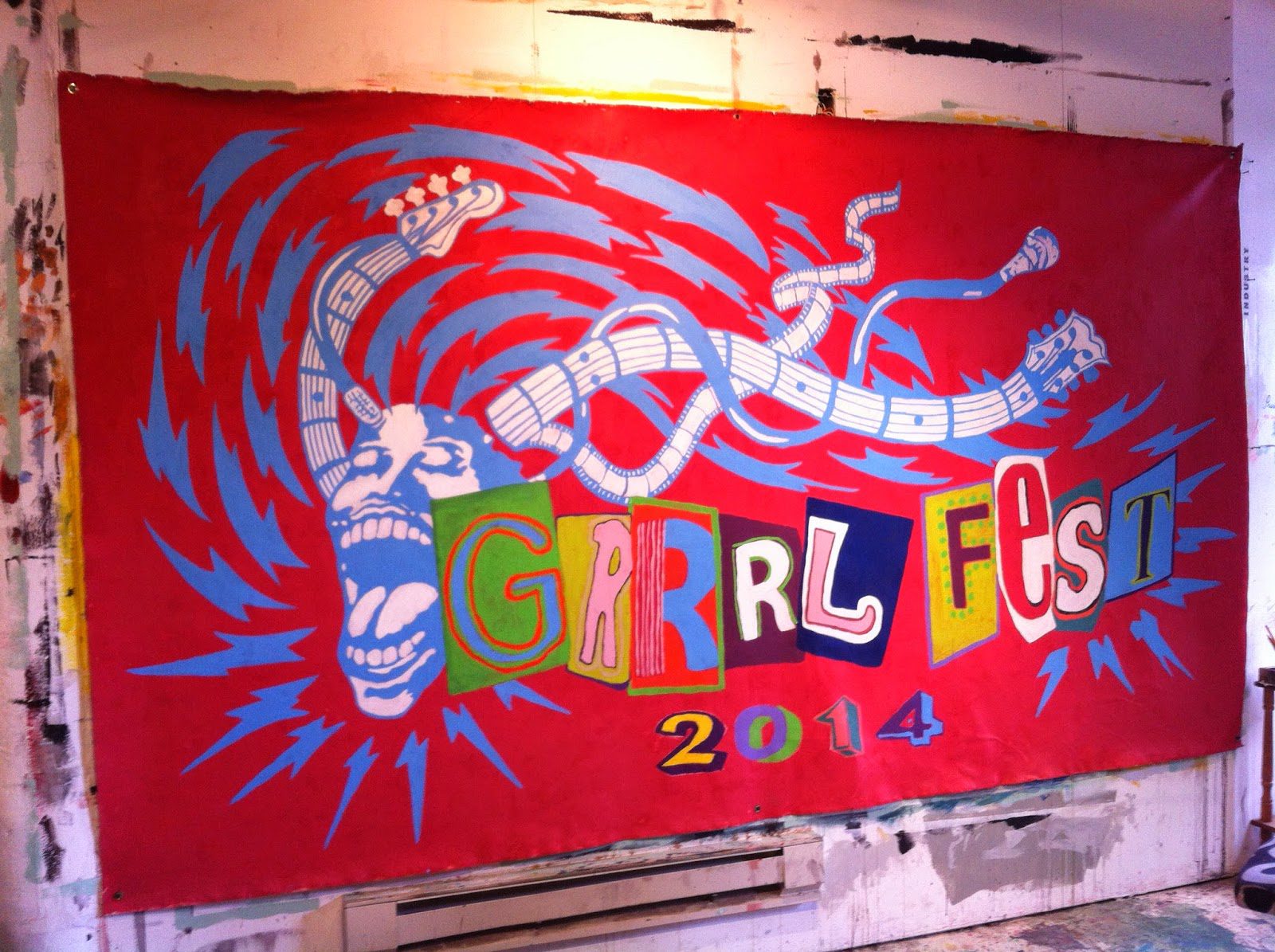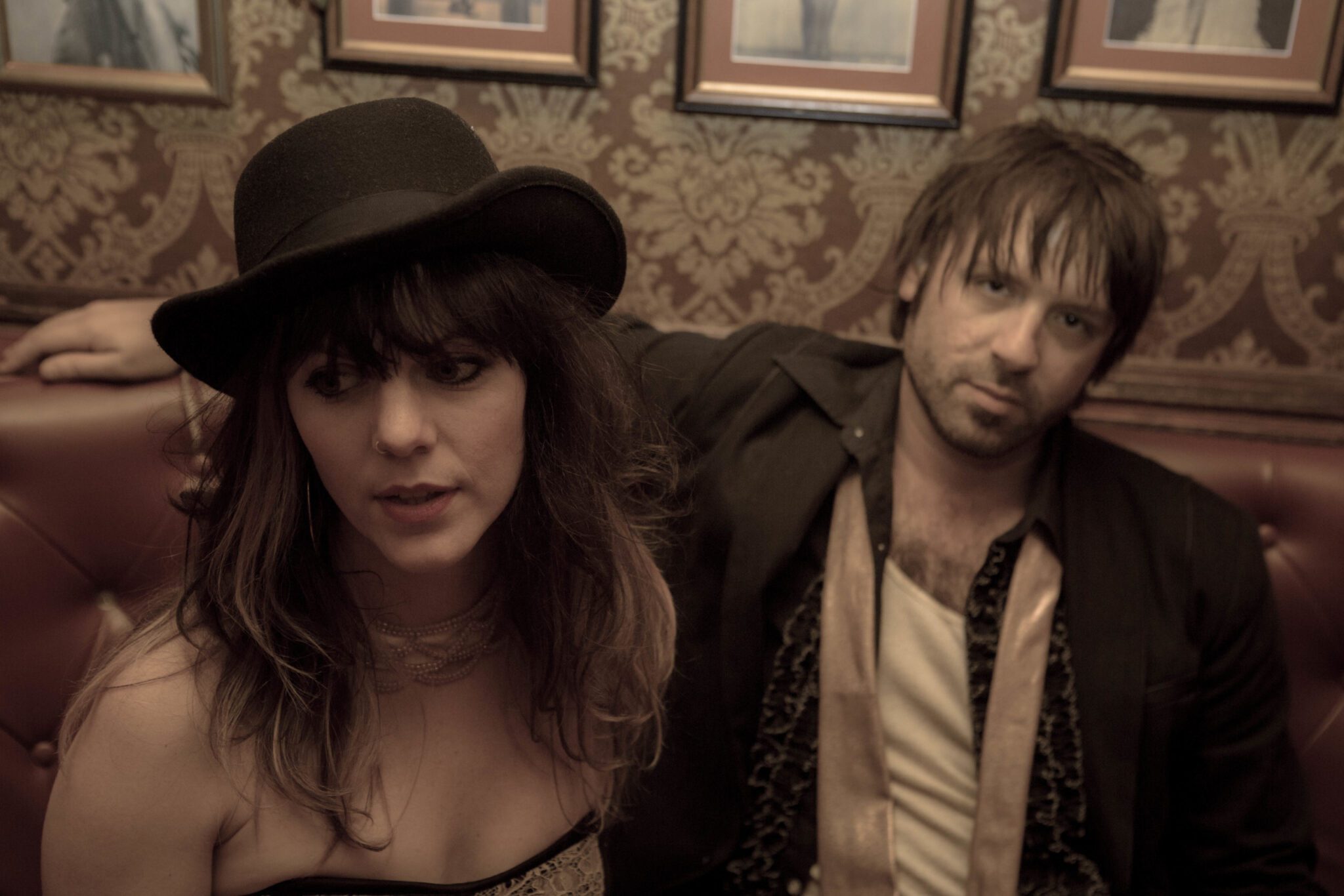
It might sound silly, but I can hear Rebecca Foon smiling through the telephone. The masterful cellist behind Esmerine, Thee Silver Mount Zion Memorial Orchestra, and her autonomous project Saltland is nothing but lovely – her beaming positivity a bit surprising given the sonic and thematic weight of her music. Foon’s latest record A Common Truth is a moving rumination on climate change – a topic to which she has dedicated a great portion of her career. There’s a reason why the album title sounds familiar, and when its underlying motif is revealed I ask Foon if she’s alluding to An Inconvenient Truth – the global warming documentary from 2006.
“I guess you could say it’s a play on An Inconvenient Truth,” Foon admits. “I’m trying to talk about how this is our one and only planet and how climate change and the state of the world ties us all together. You can’t run away from climate change. You can to some extent depending on how much money you have, but at the end of the day we are all interconnected and we can’t hide.”
I can’t help but wonder how she remains so positive despite the world’s current state – Trump, glacial melt rates, water crises…how does she deal with the harsh reality and cynicism?
Serenely, Foon relays that she sees “problems as opportunities –climate change is an enormous problem, but it also presents incredible opportunities that can come from it by trying to address and fight it. And with that comes beautifully resilient, creative cities for example that are not dependent on fossil fuels. Imagining a world where all your favorite cities are not reliant on fossil fuels by 2050…to me that’s an exciting prospect and that’s something exciting to start to imagine and put energy into figuring out.”
Foon puts her energy into music, but also activism. A member of Sustainability Solutions Group, and co-founder of Junglekeepers and Pathway To Paris, the songwriter is a big proponent of the symbiotic relationship between art and ethics. “I think the arts and music have a huge role to play in terms of bringing a visceral, emotional and spiritual energy to politics and love,” she says. “This is our planet; this is our world. Do we want to go extinct? Let’s feel things, you know?”
You’ll certainly feel things while listening to A Common Truth, a dense ecosystem of live and looped cello – its raw and manipulated iterations conversing hypnotically. Foon’s ghostly vocals sew throughout her undulating compositions, several of which feature Warren Ellis of The Bad Seeds and The Dirty Three. It’s a match made in sorrowful string heaven.
When I ask her about working with Warren Ellis, Foon mentions that Nick Cave and The Bad Seeds’ recent record Skeleton Tree is one of her favorite LPs of all time. “That’s interesting because that record and A Common Truth are both sown from tragedy,” I say. Foon agrees, but her intrigue lies mostly in the chemistry Cave and Ellis conjure together.
“Nick Cave and Warren Ellis have an incredible musical connection and I really love Ellis’ chords,” she says. “The melodies that he can tap into are so deeply moving and very emotional and visceral. I think for me what stands out is that ability that they have to tap into a real emotional depth, which is something I really appreciate with music that I don’t feel very often.”
Foon is also a big Arthur Russell fan, identifying 1986’s World Of Echo as her favorite in his discography. This makes immediate sense to me. “I think your music really captures what he did as an artist,” I tell her. “You’ve both taken a classical instrument and stretched it to the bounds of its sonic potential. Has Russell influenced your approach to the cello at all?”
“Absolutely,” she assures me. “Huge influence for me. And it’s interesting with him because if you didn’t know his music, if you were to put it on it feels so relevant, you would maybe think it was made this year.”
Ok, so Nick Cave and Arthur Russell – I can see that, or rather, hear it. It’s Foon’s love for Marvin Gaye’s What’s Going On that catches me off guard a little bit, until I realize that, like Foon’s crusade for climate change, Gaye was making music about the defining political movement of his era.
Foon immediately confirms this. “I’ve always loved Marvin Gaye. I’ve been listening to that album lately, and the lyrics make me want to cry! He was talking about environmental degradation and humanity and the fact that we’re facing extinction and about loving our planet – his lyrics are super intense! It’s so crazy how relevant his lyrics are today, and that he was singing them in that time. I feel so deeply moved listening to him.”
“How about contemporary protest music? Any favorites?” I inquire.
“Matana Roberts, for sure. I think there are quite a few artists who are doing that not necessarily with words, but who are very tapped in. Anne Waldman, who’s a New York poet, is definitely a big source of inspiration for me, she’s really staying engaged in the world and writing about it. Even Thom Yorke, if you listen to some of his lyrics from the new Radiohead album, you can tell he’s engaged in climate change, which makes me so happy. There are a bunch of artists on Constellation [fusion_builder_container hundred_percent=”yes” overflow=”visible”][fusion_builder_row][fusion_builder_column type=”1_1″ background_position=”left top” background_color=”” border_size=”” border_color=”” border_style=”solid” spacing=”yes” background_image=”” background_repeat=”no-repeat” padding=”” margin_top=”0px” margin_bottom=”0px” class=”” id=”” animation_type=”” animation_speed=”0.3″ animation_direction=”left” hide_on_mobile=”no” center_content=”no” min_height=”none”][Saltland’s record label] who are doing the same thing; Constellation seems to tap into artists who are engaged with the state of the world, which is inspiring to be around.”
“You seem to be very appreciative of the collective in that way – can you speak about the importance of being collaborative – whether it’s in art or activism?”
I can hear her light up. “Oh yeah, I love it. I really feel that we’re only as good as our collective ideas. I don’t really believe in an individual idea. I think the best ideas come from being worked and rehashed through collaboration where ego’s not a part of it and it’s just for the sake of making the idea better. With music I think it’s really beautiful when you can collaborate with people you respect and admire and see what comes out and really put ego aside. I live for moments like that – I find it really spiritual too, that process.”
Foon’s approach to activism is collaborative as well – focusing on community-based organizing, whether it’s pressuring your Mayor to implement sustainable initiatives, envisioning a future independent of fossil fuels, or addressing climate change at city council meetings. She is a humble visionary; an altruistic artist in an often cynical industry.
So: if Rebecca Foon could have her audience take away one thing from her music, what would it be?
“I think at the end of the day, because it’s just a record, I’m just trying to create a space where I can channel music from an open heart to try to access something that’s within me and communicate with others something that’s honest,” she says. “All that I hope for is to cultivate that kind of energy amongst listeners, and to inspire an honest dialogue around the state of the world, because I do feel there is an obligation at this point with artists to honestly engage with what is really going on around us. I feel we’re in a state of emergency.”
A Common Truth is out now on Constellation Records; she’ll play National Sawdust on April 7 and tours Europe with Esmerine throughout spring.
[/fusion_builder_column][/fusion_builder_row][/fusion_builder_container]





